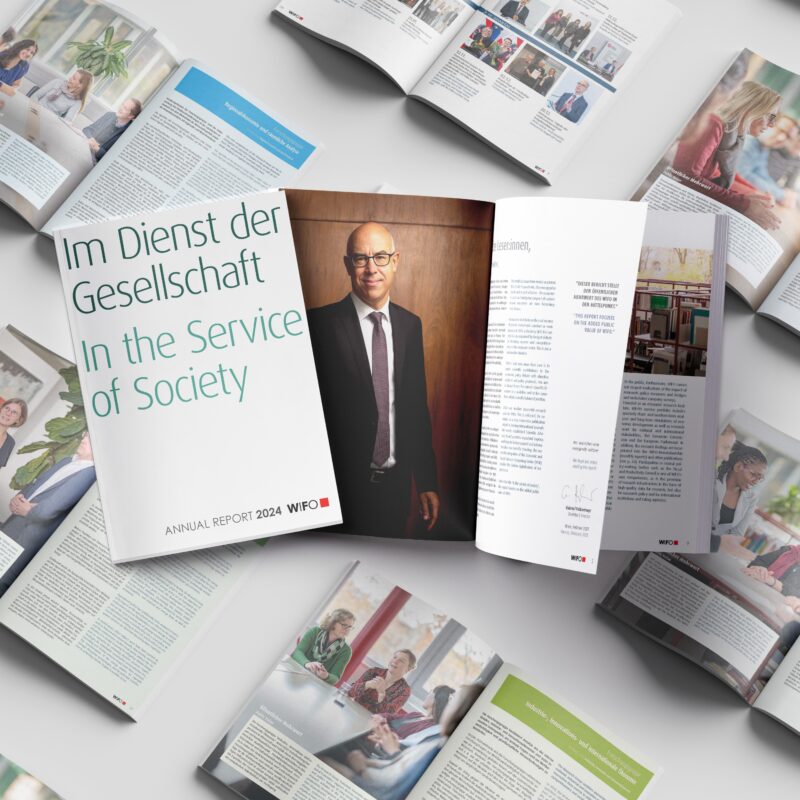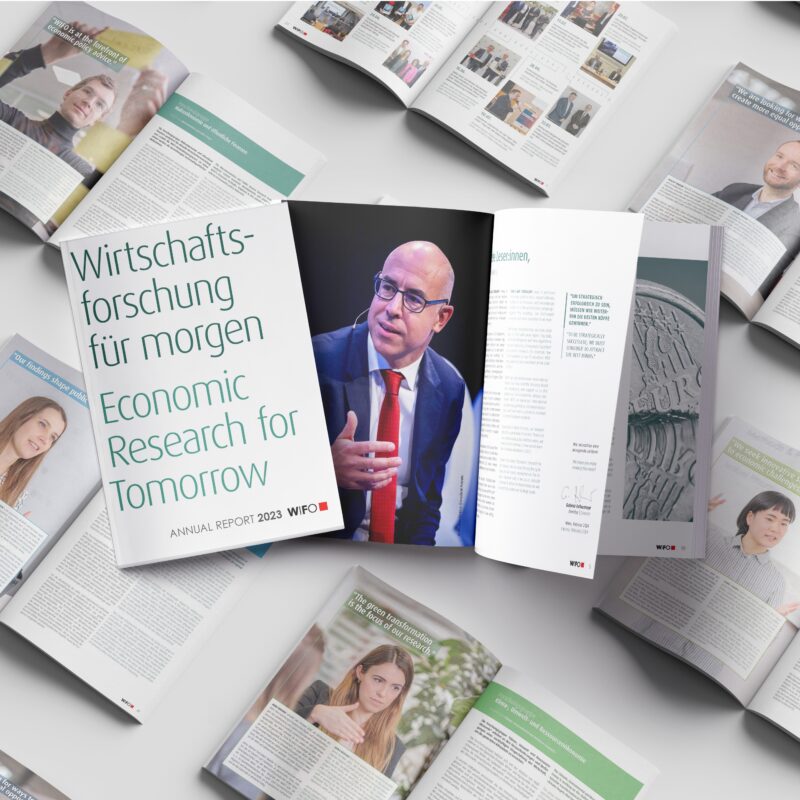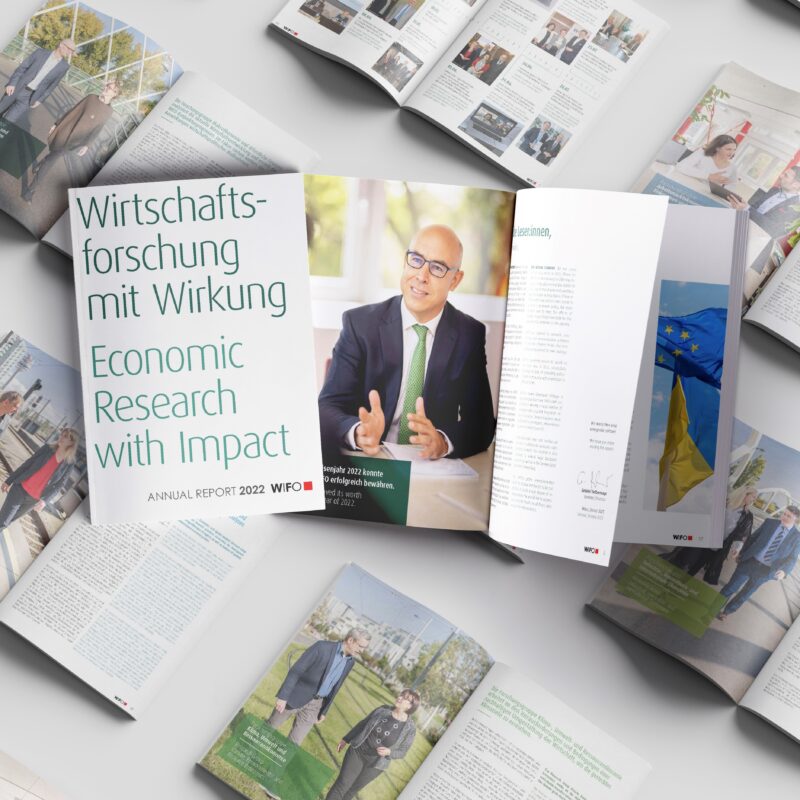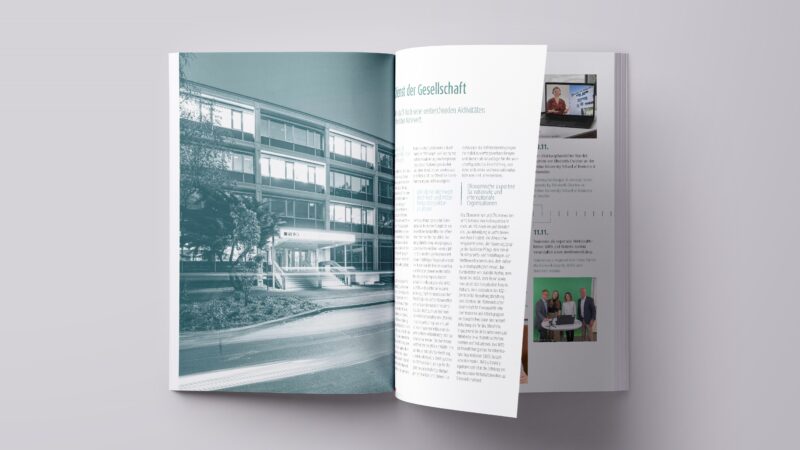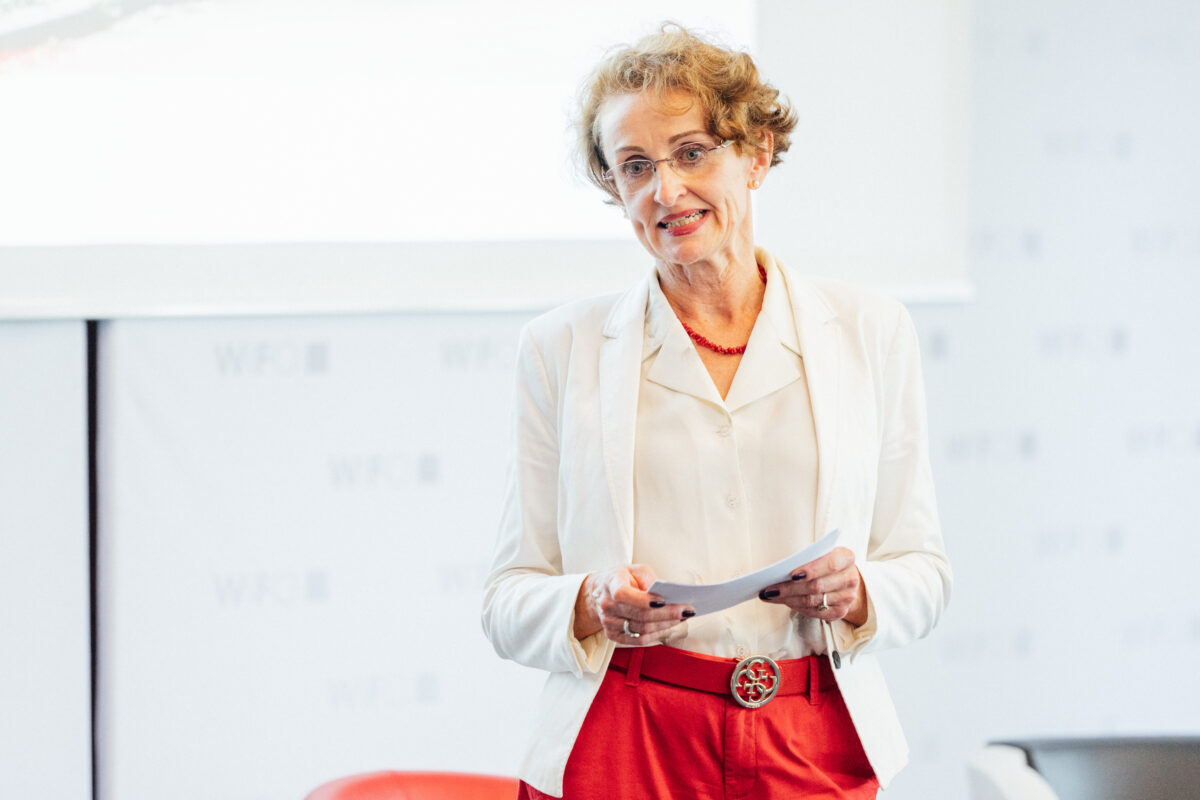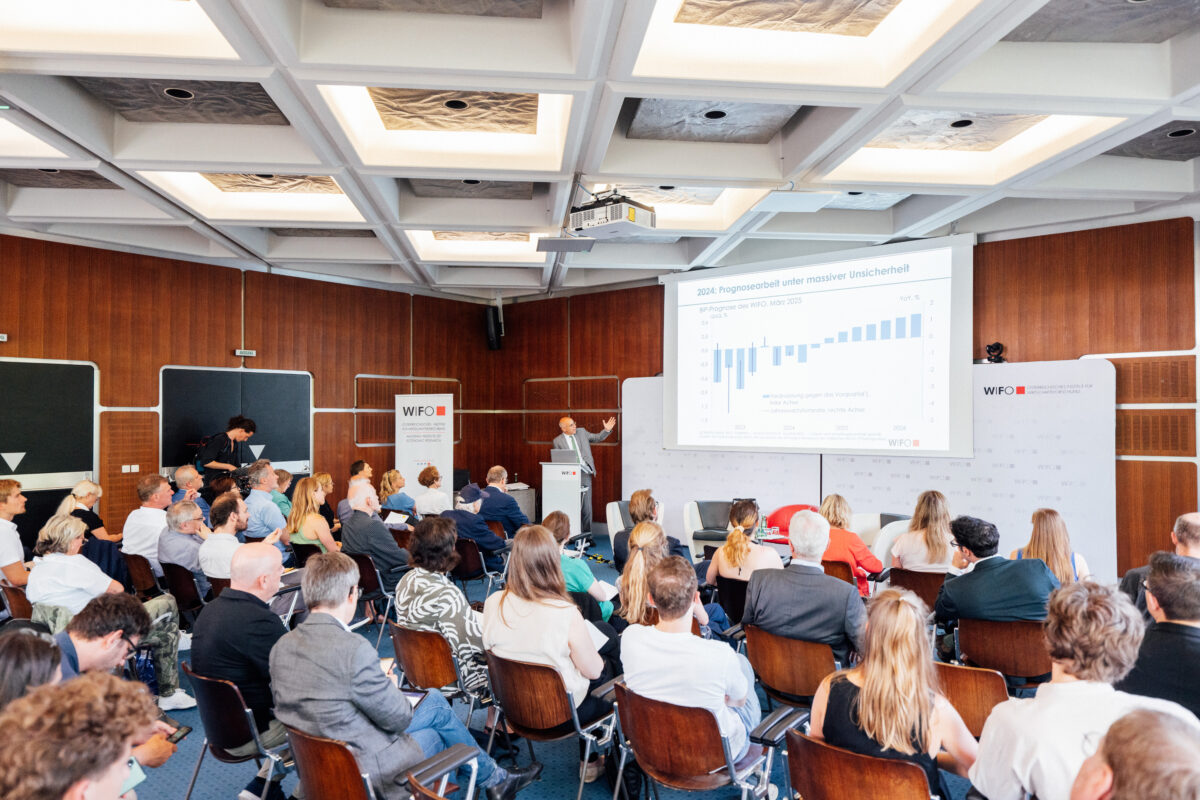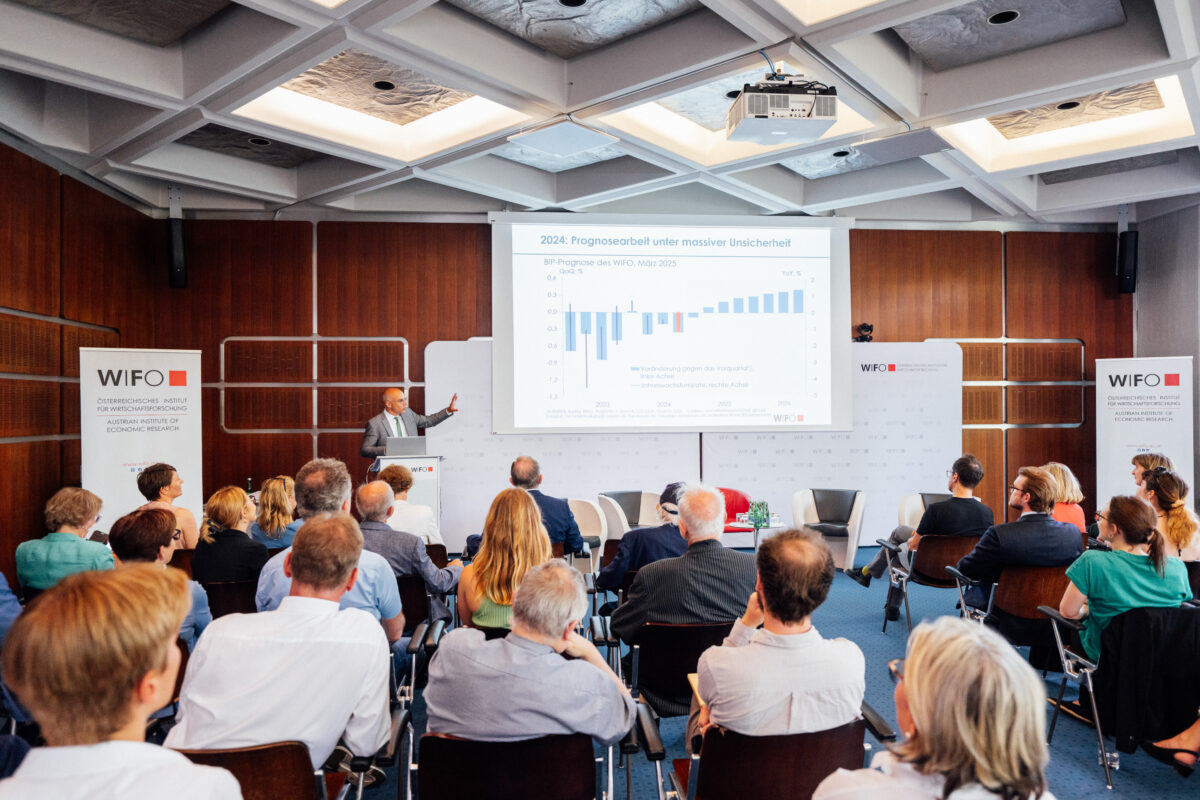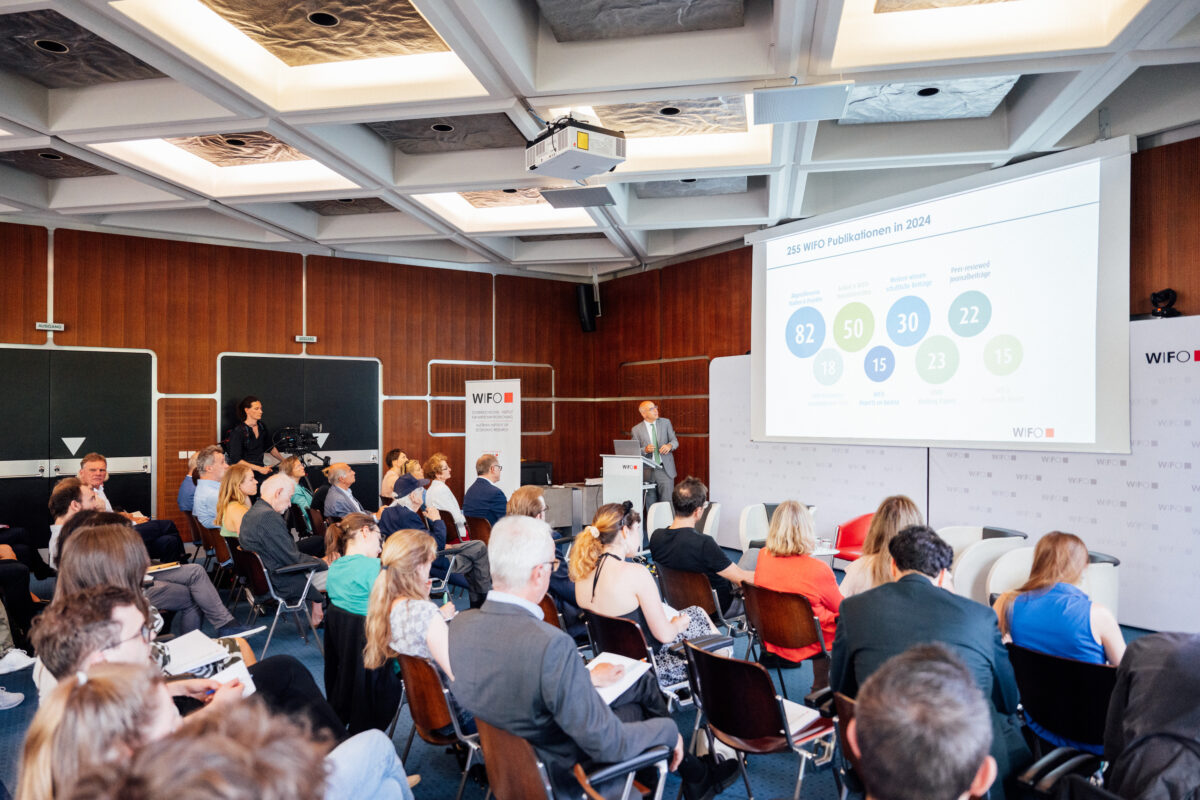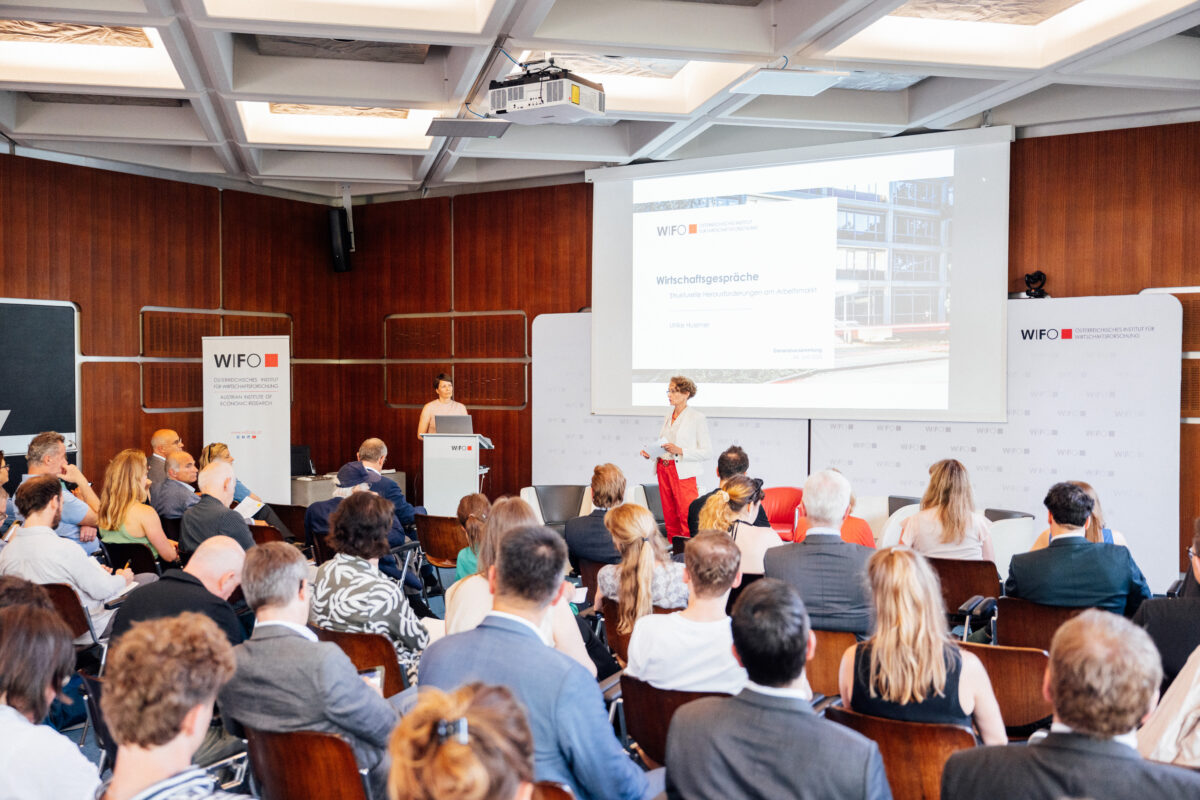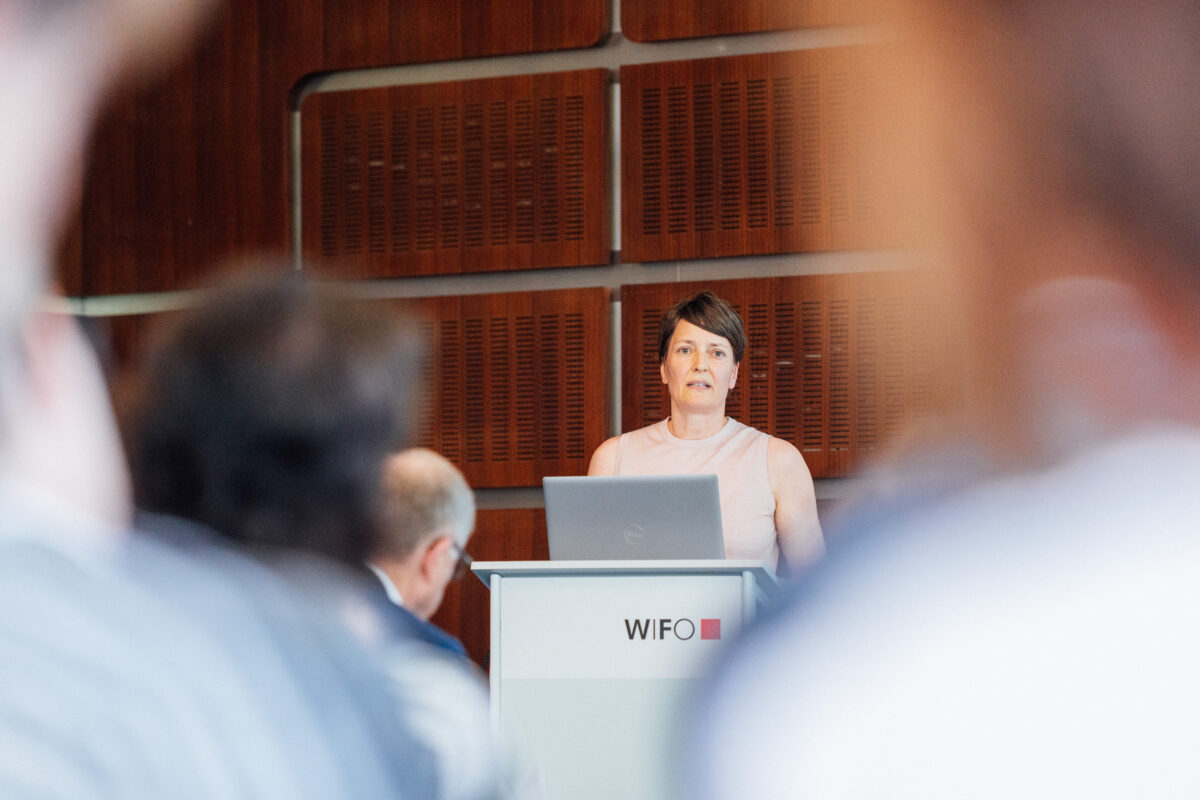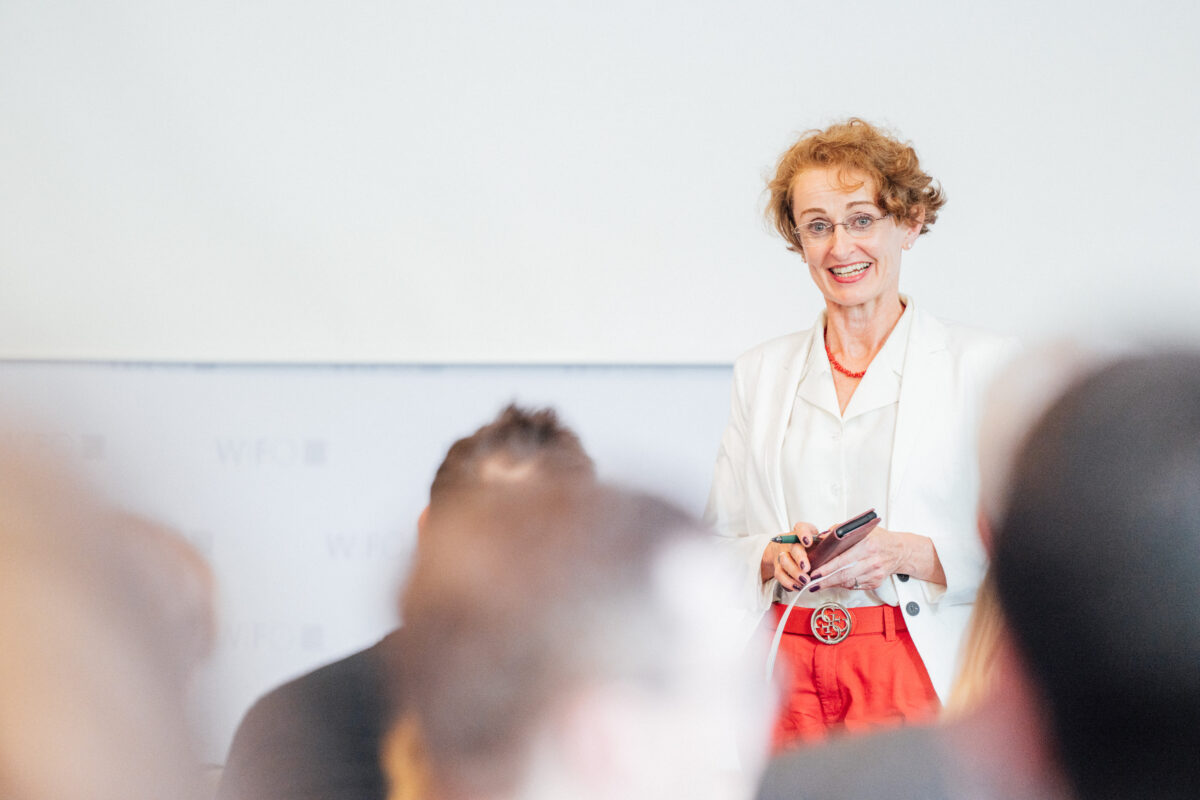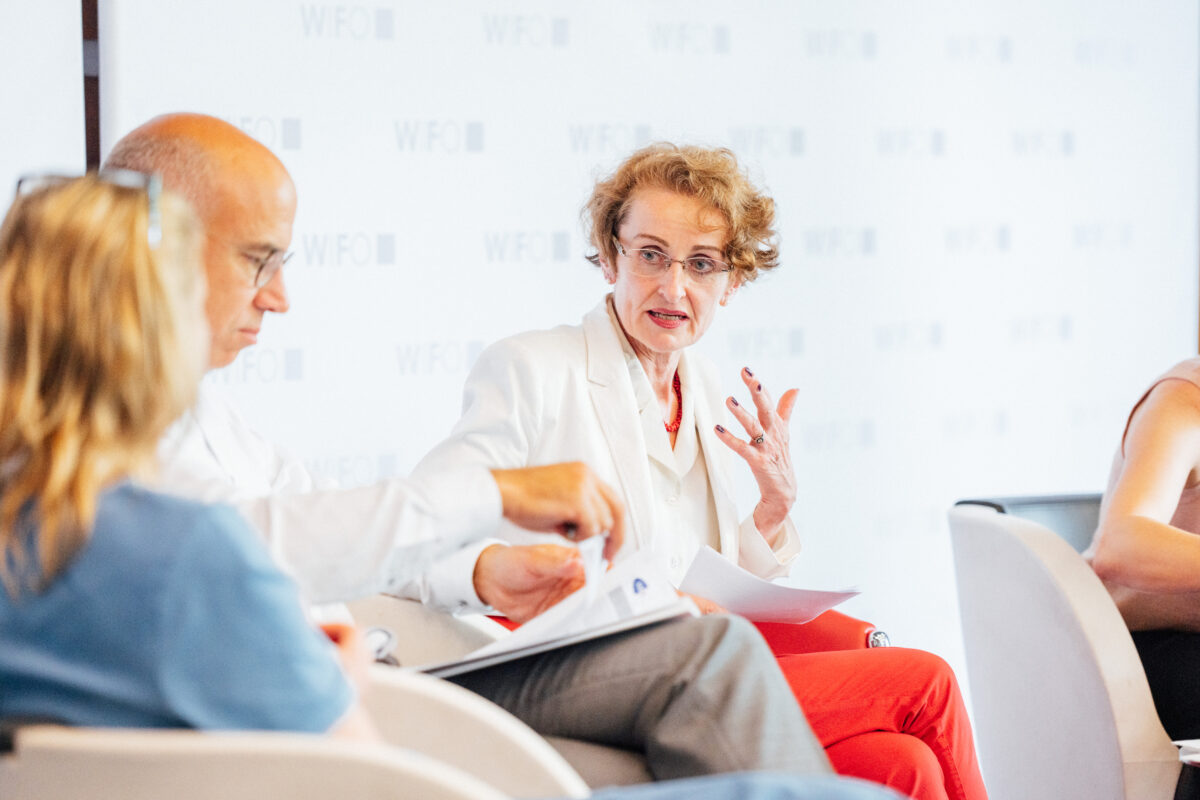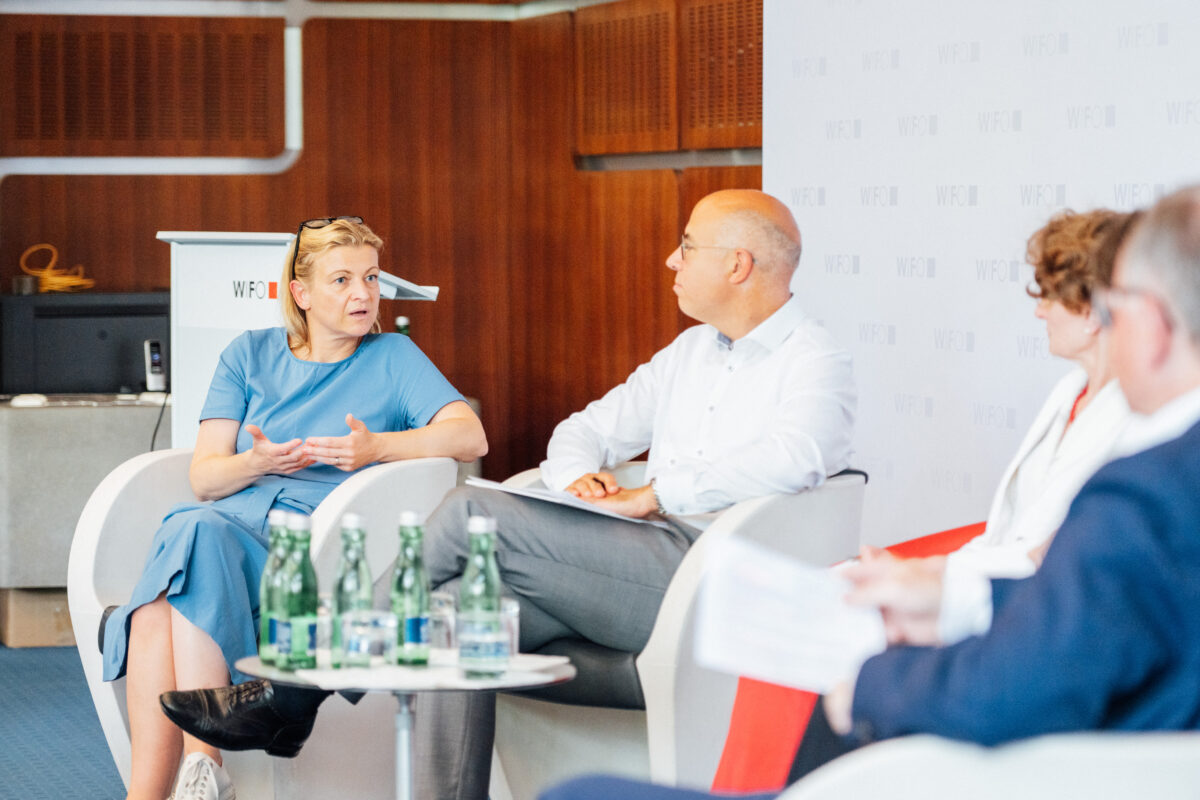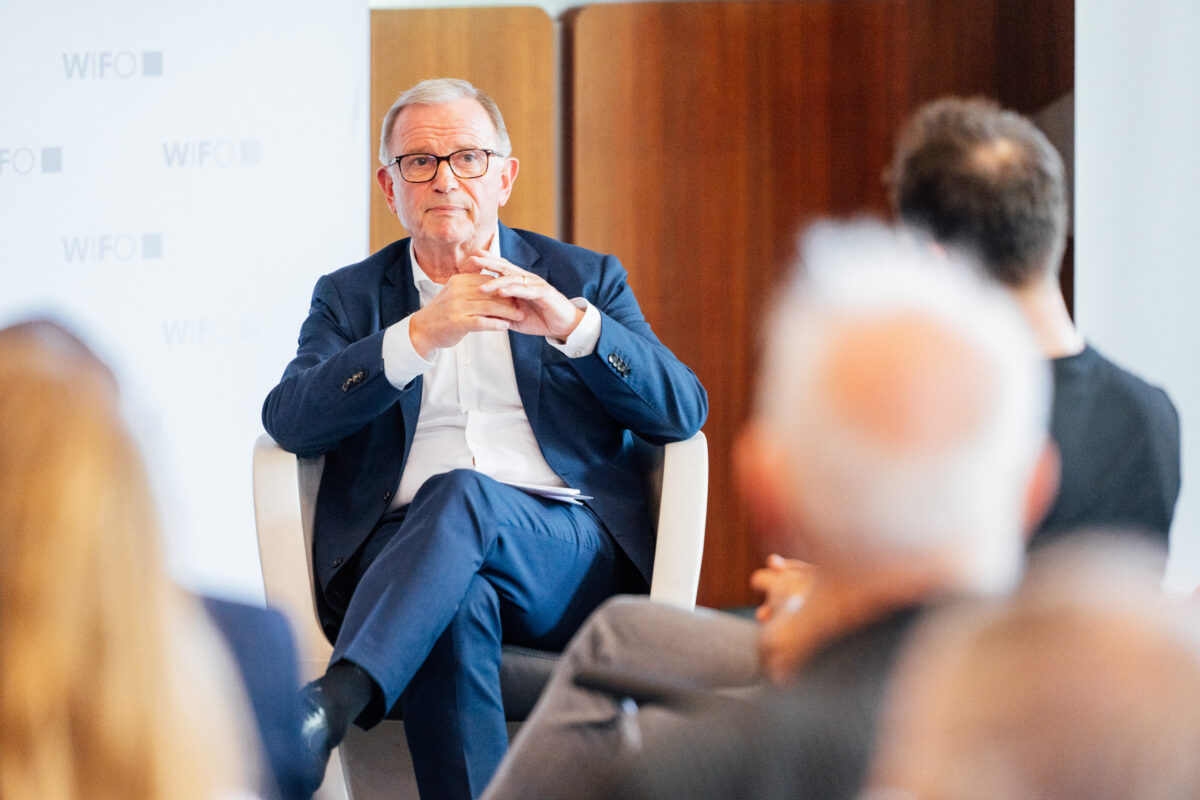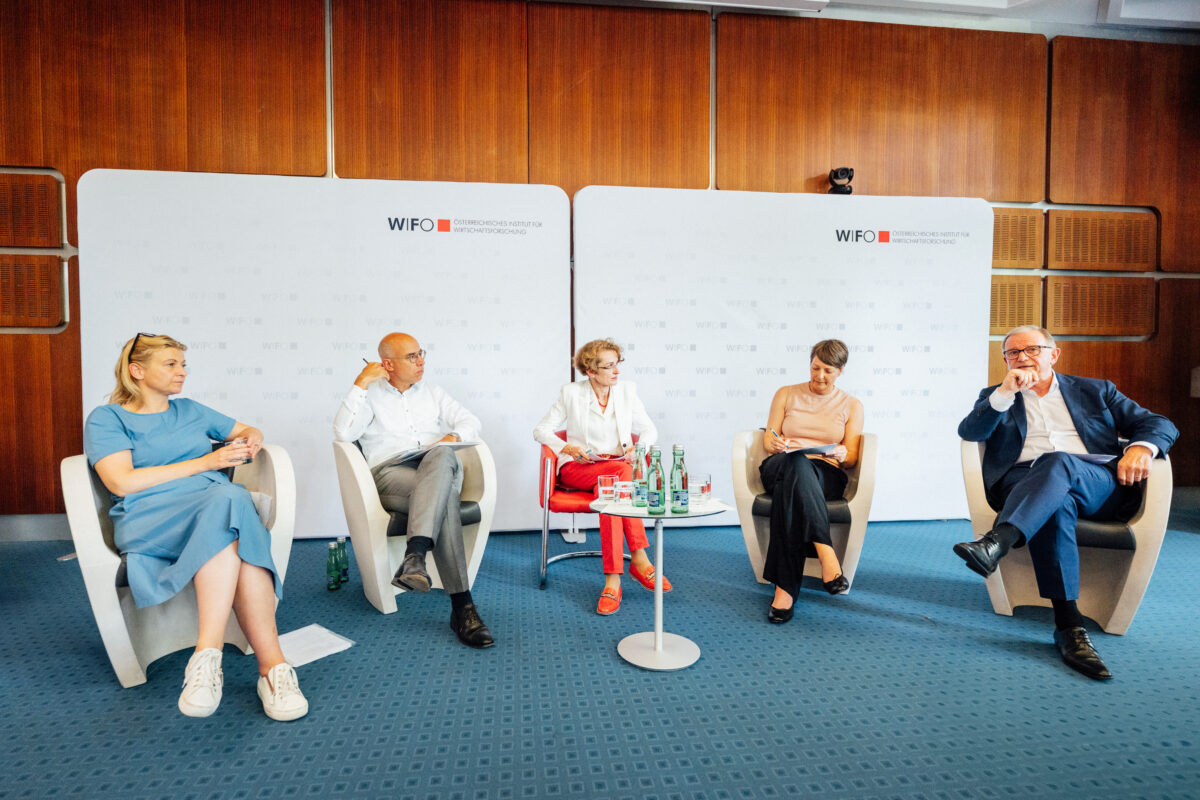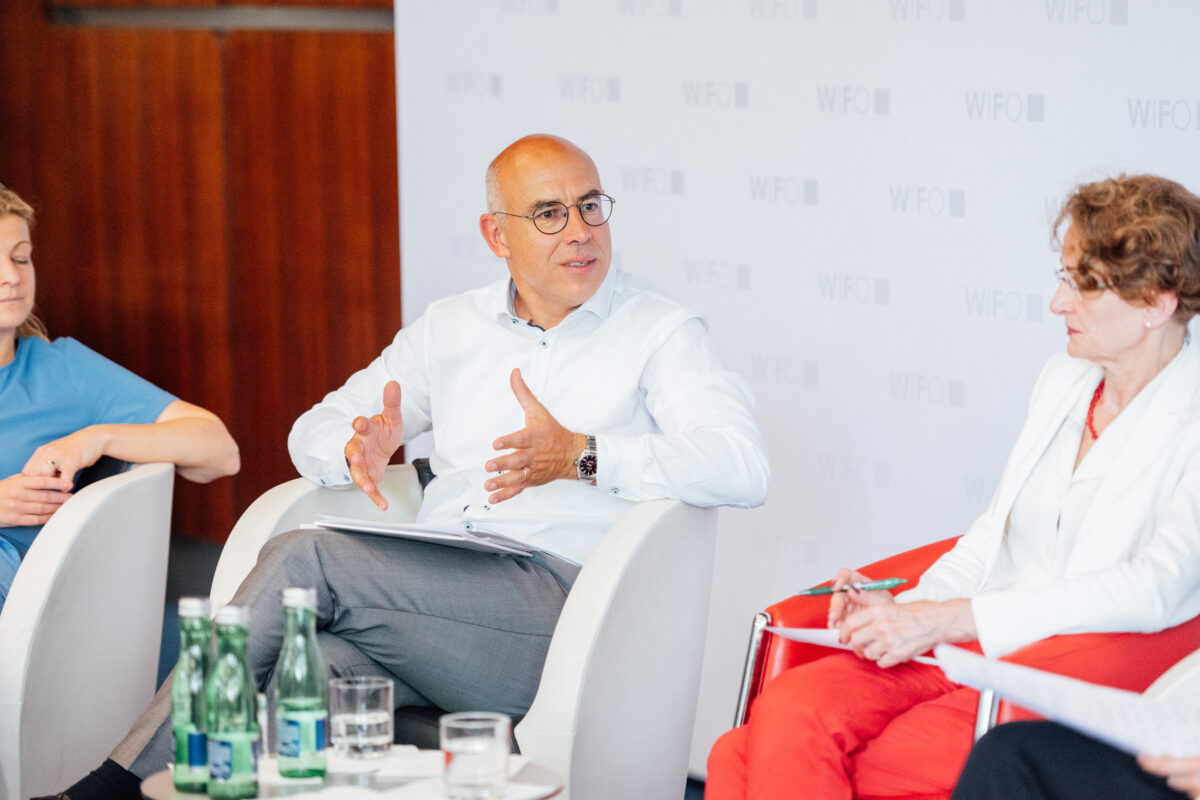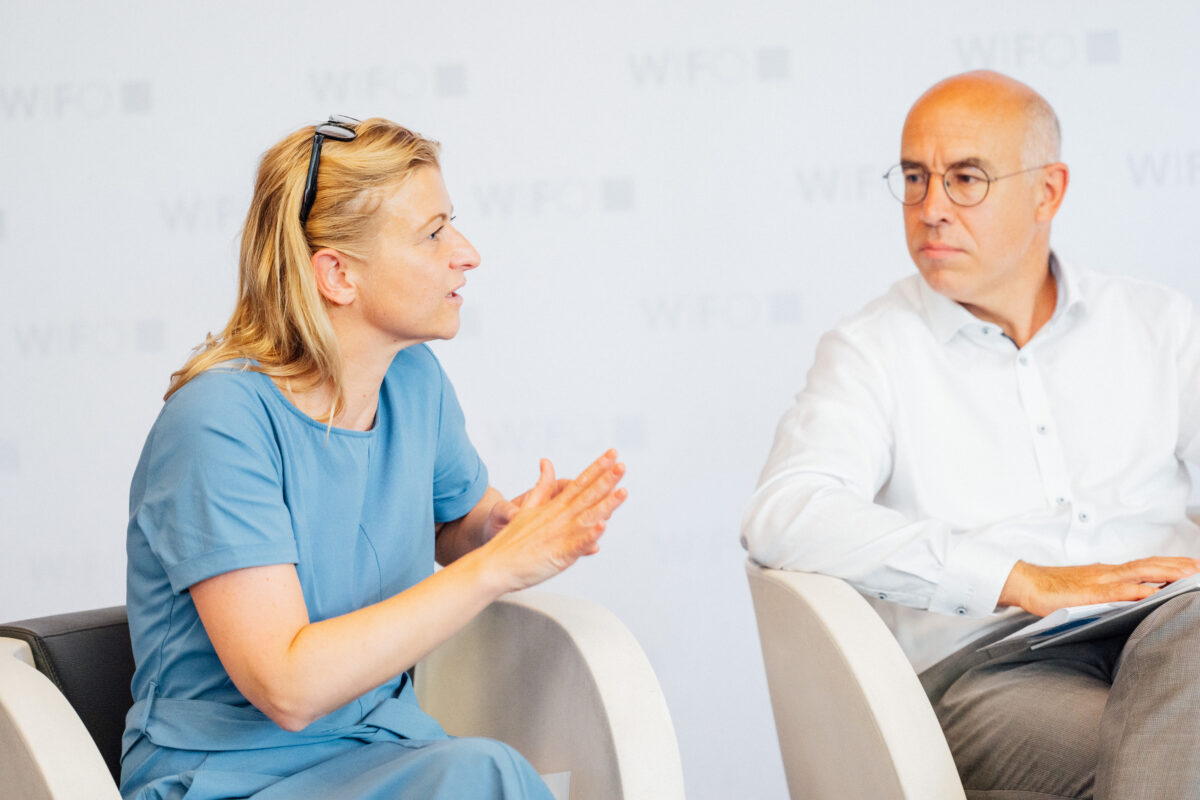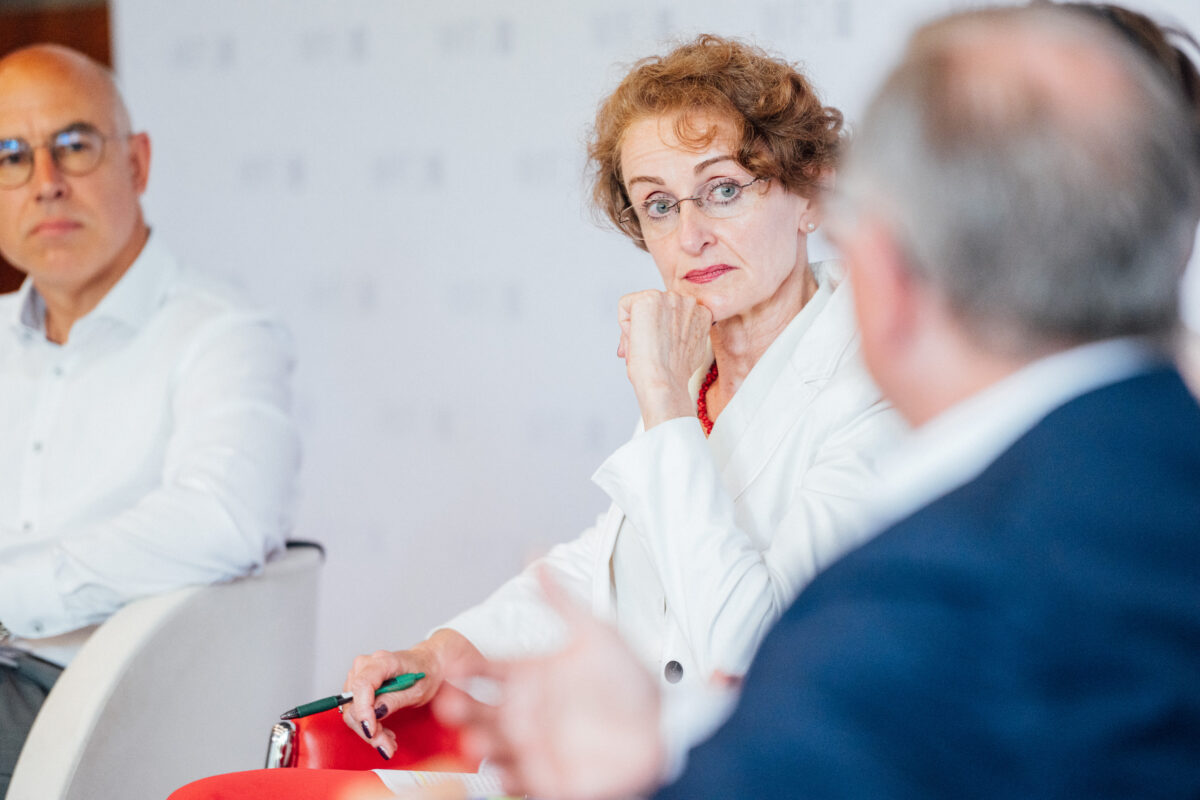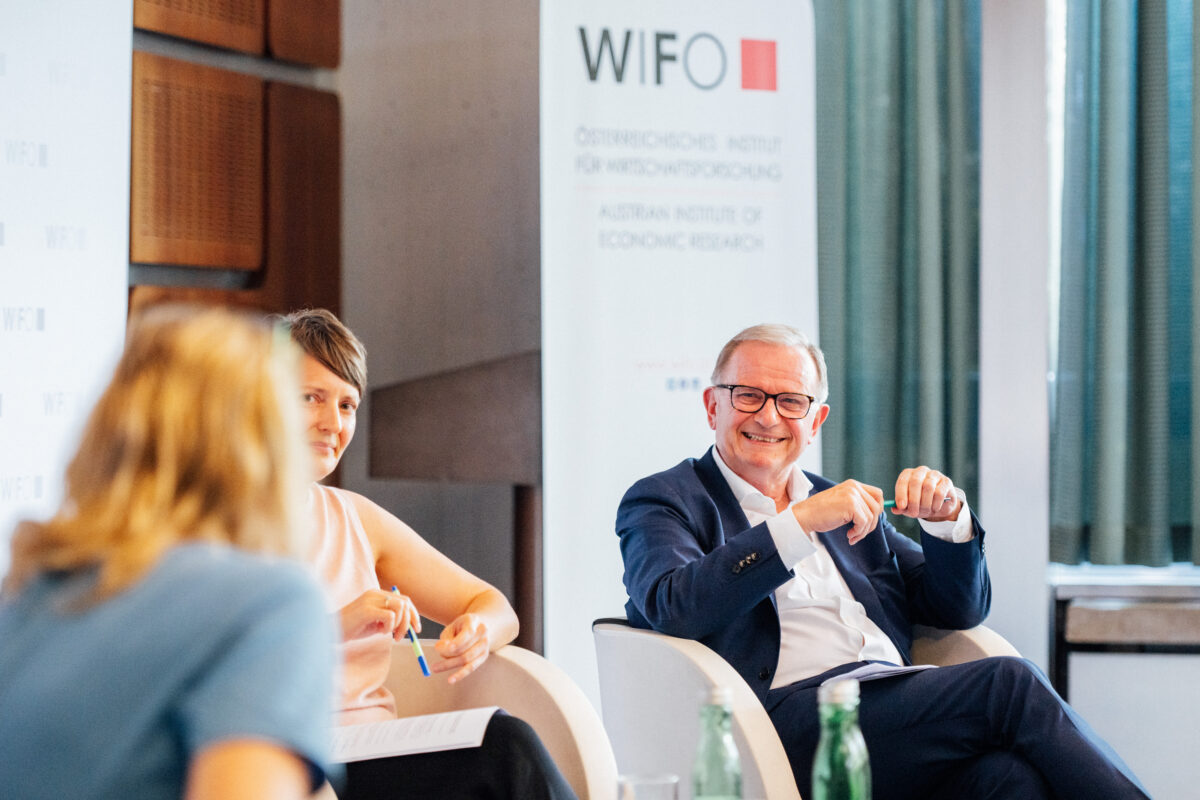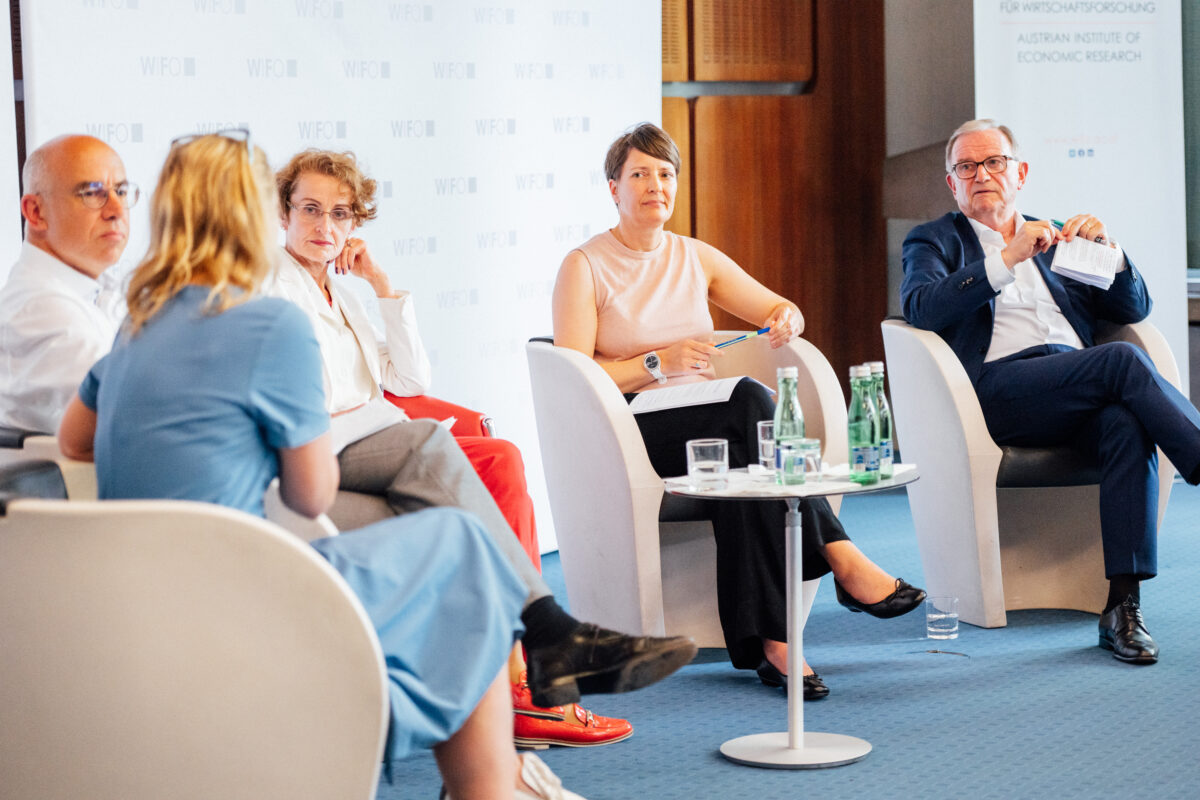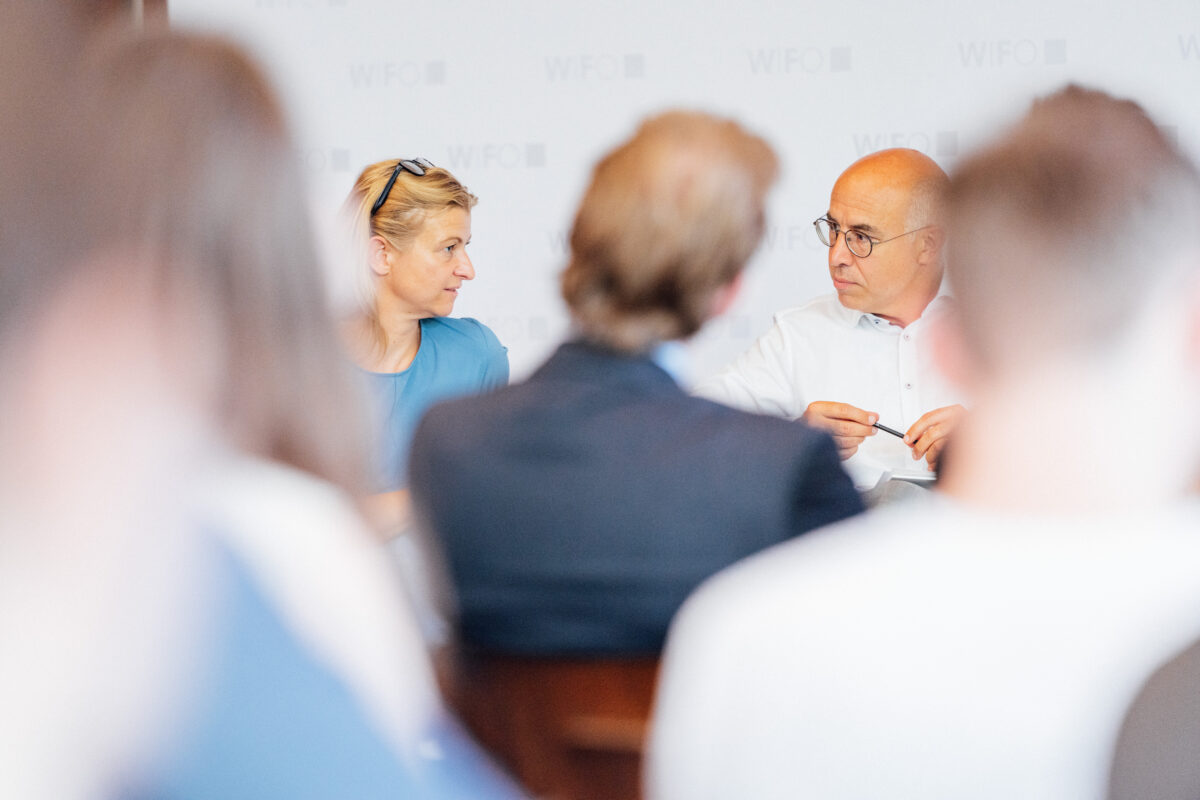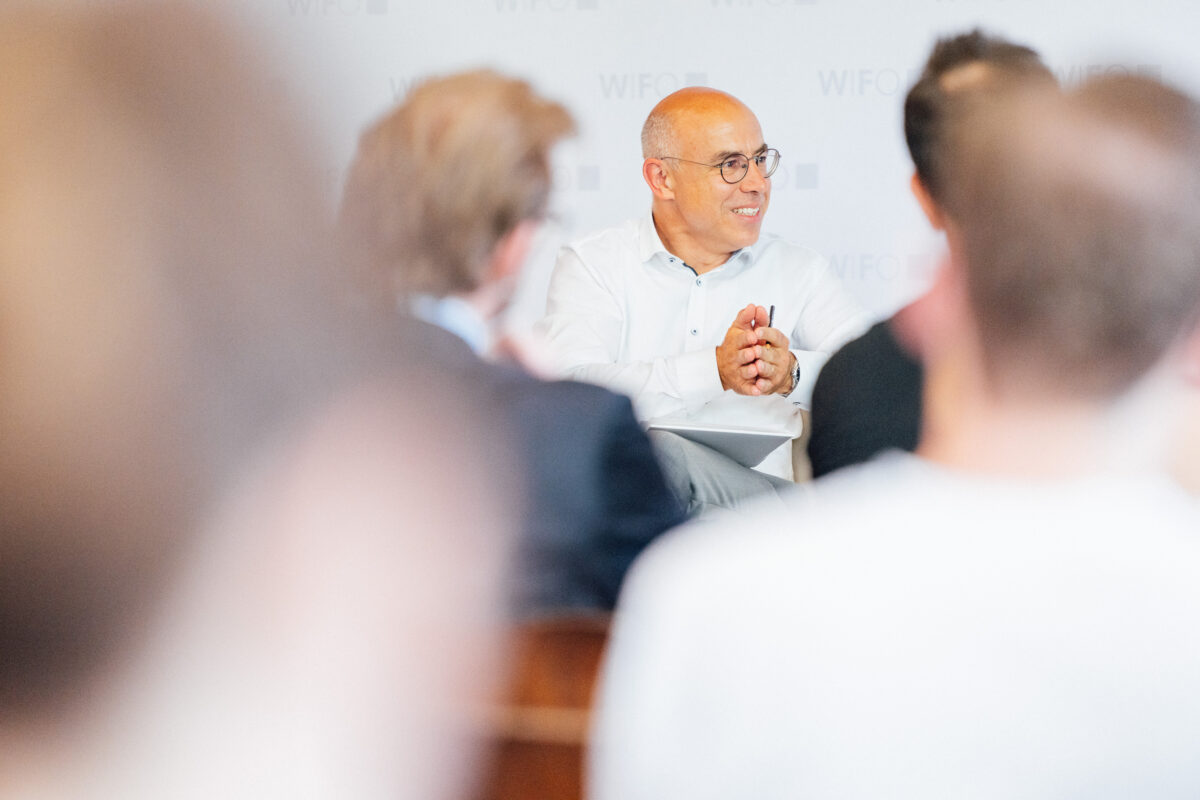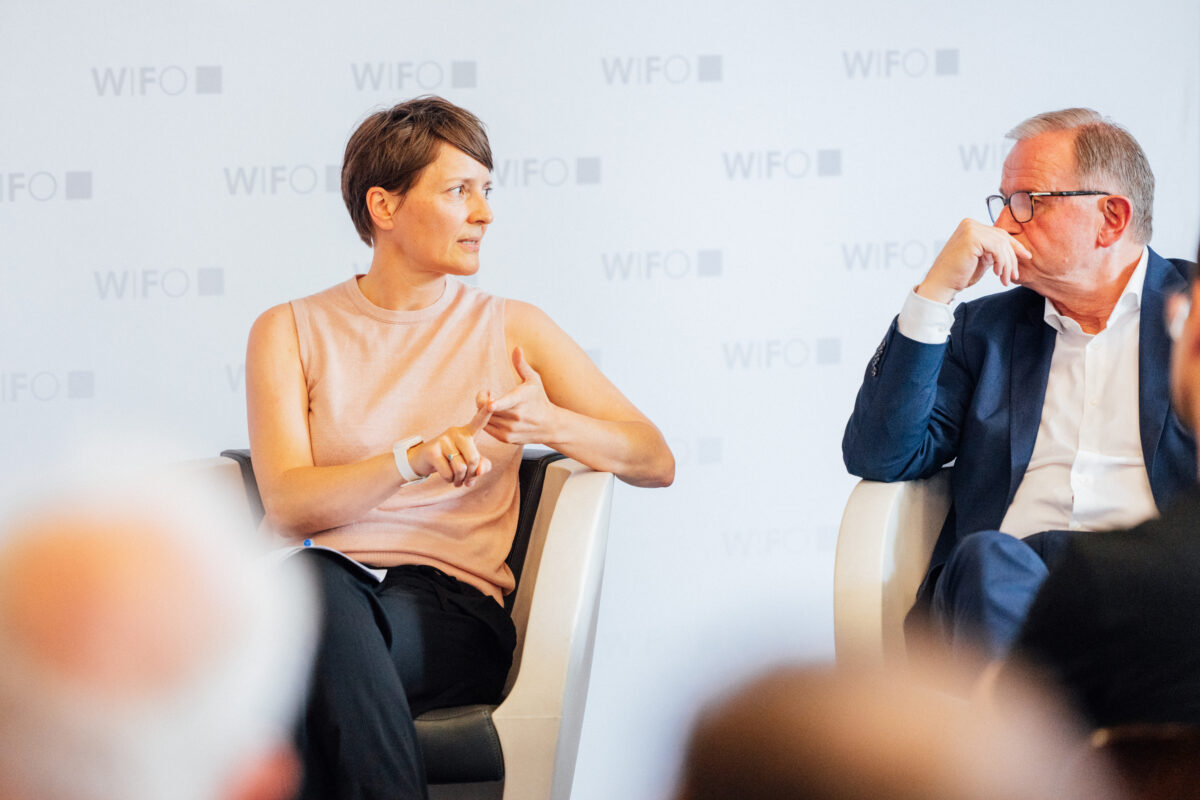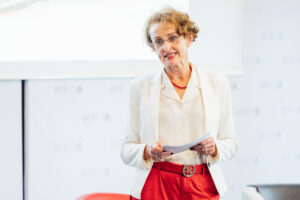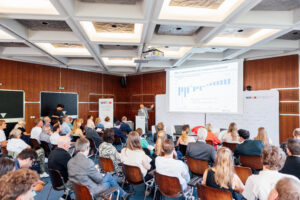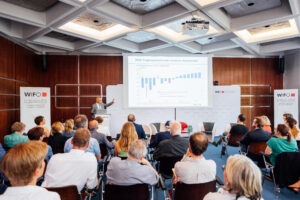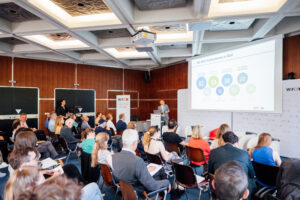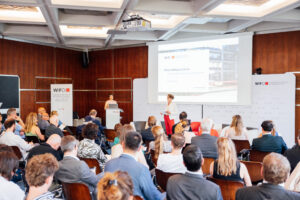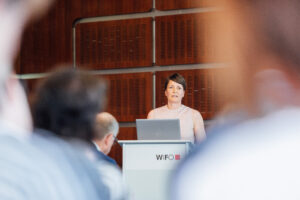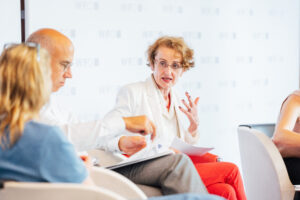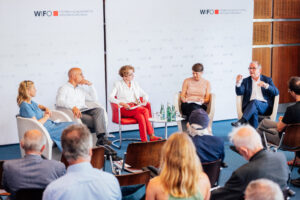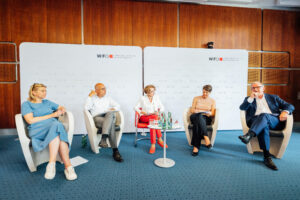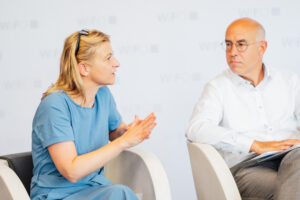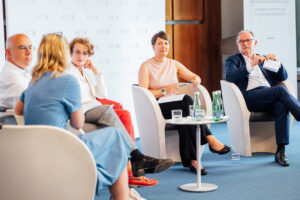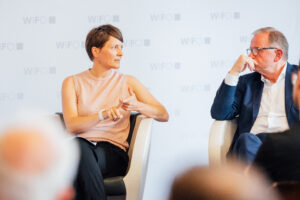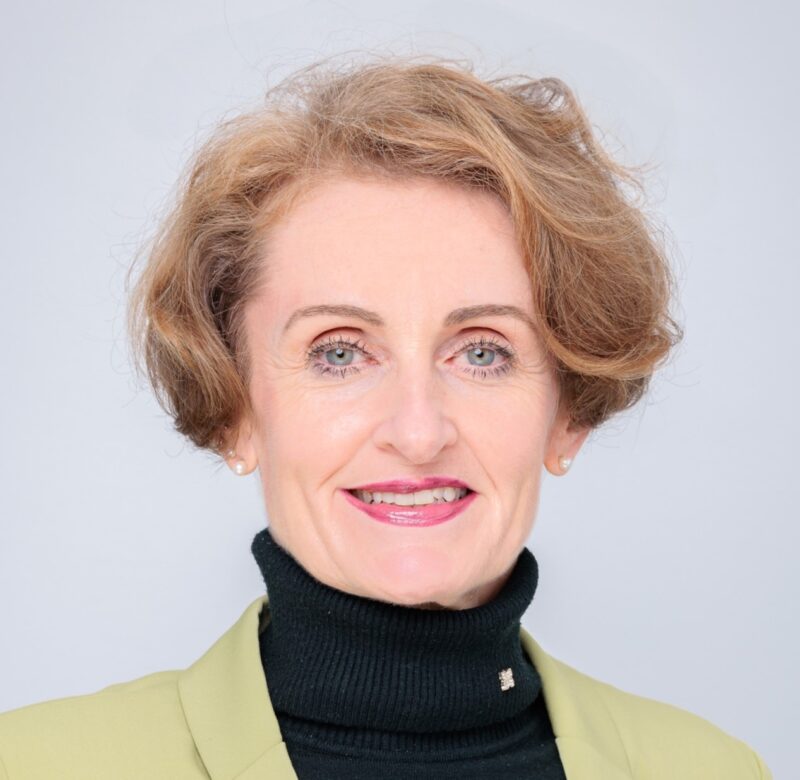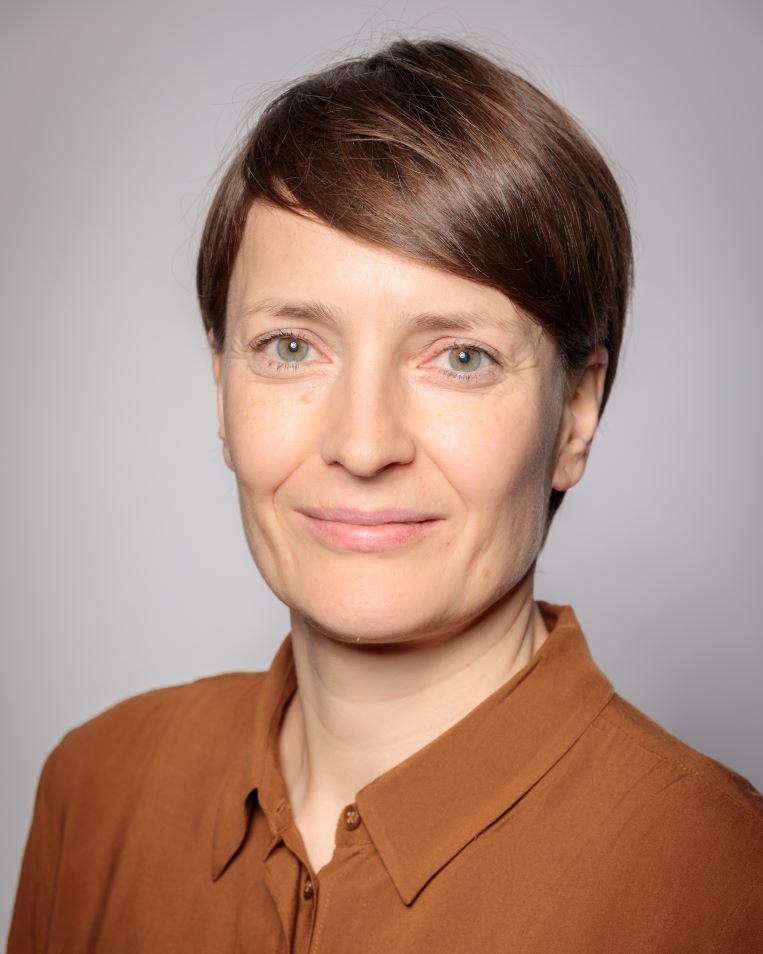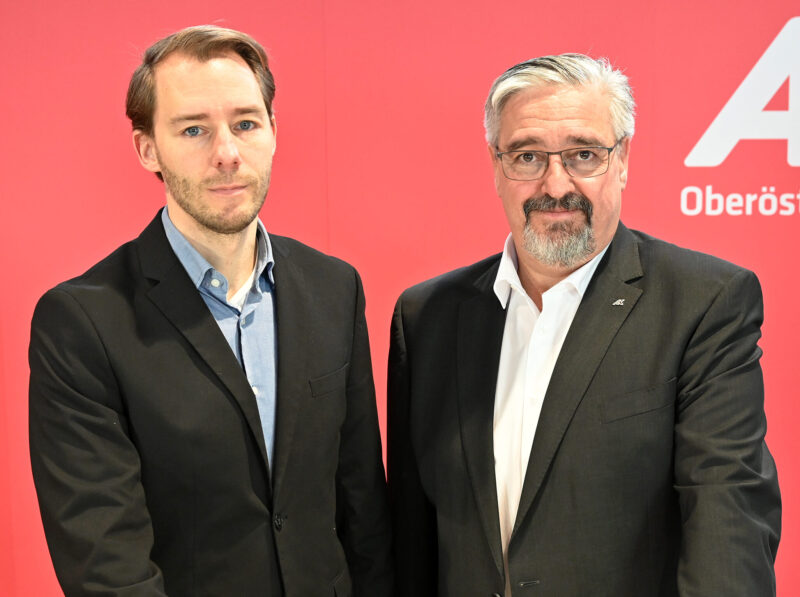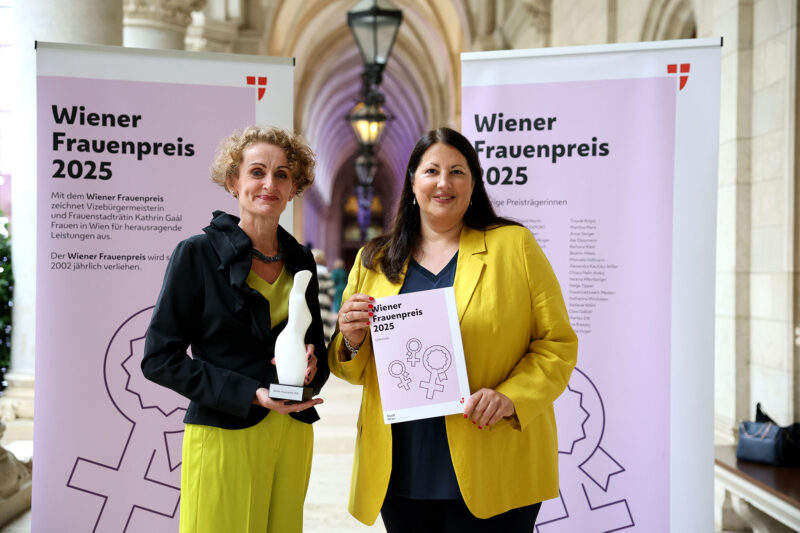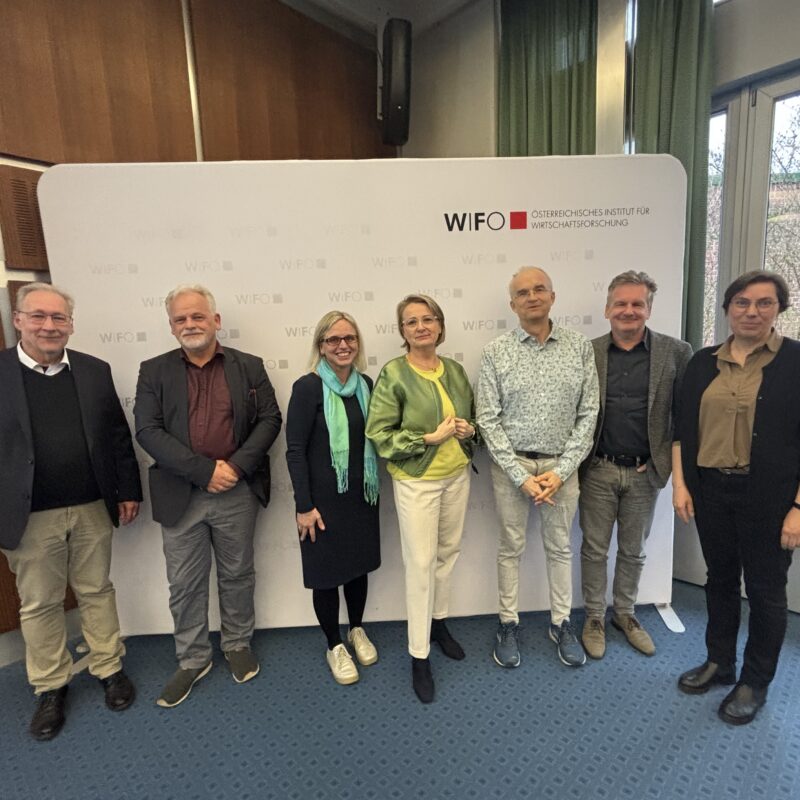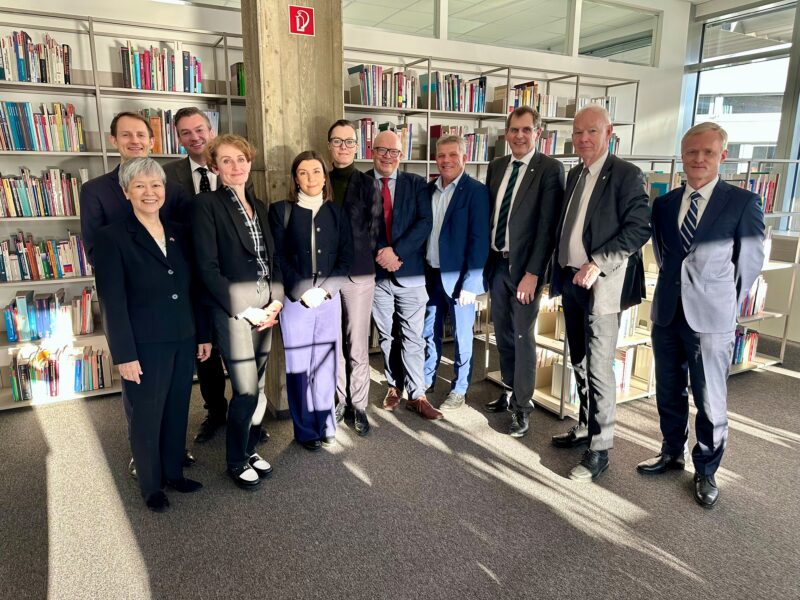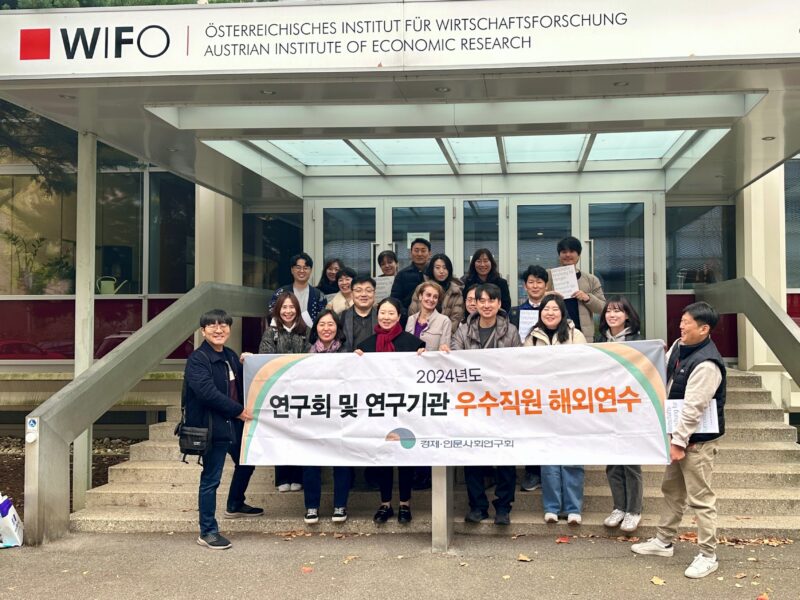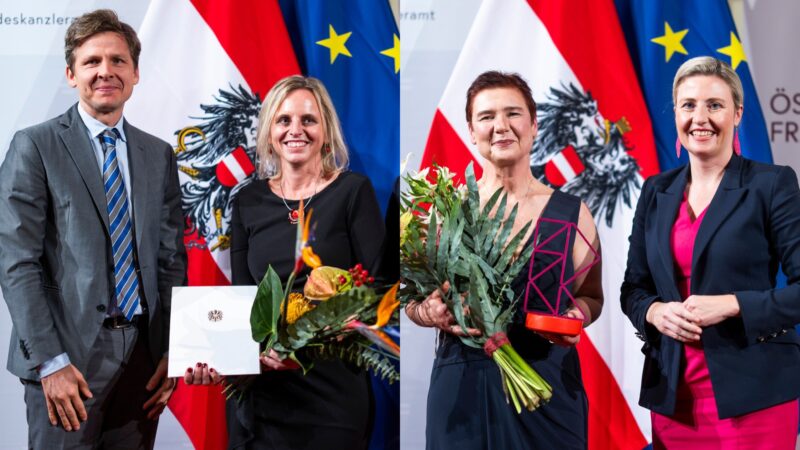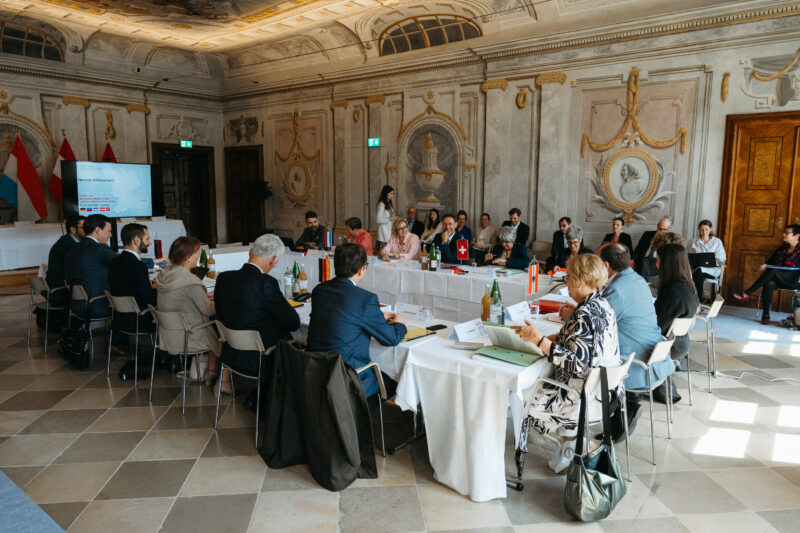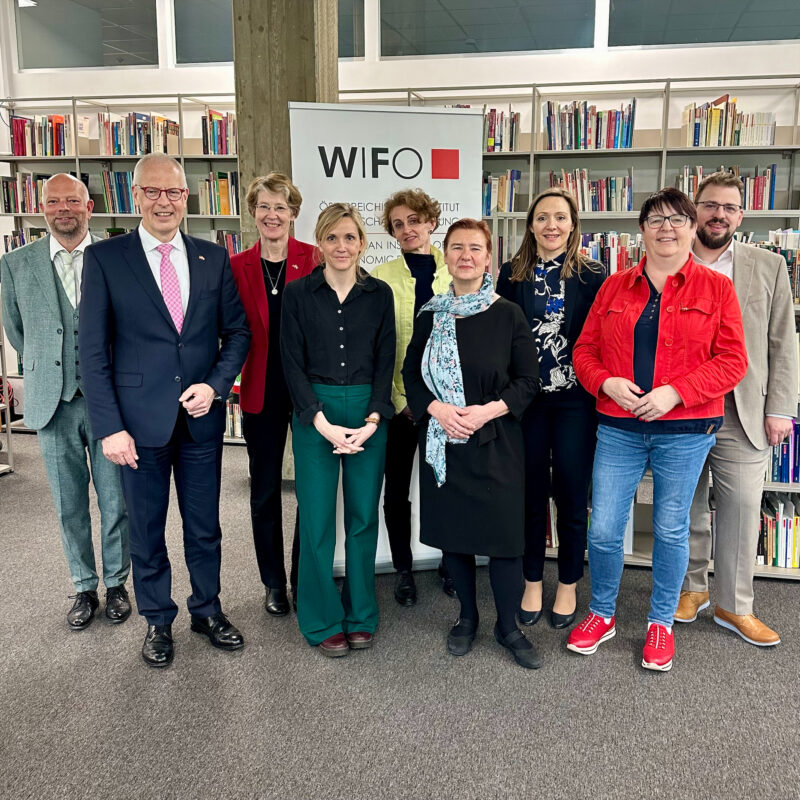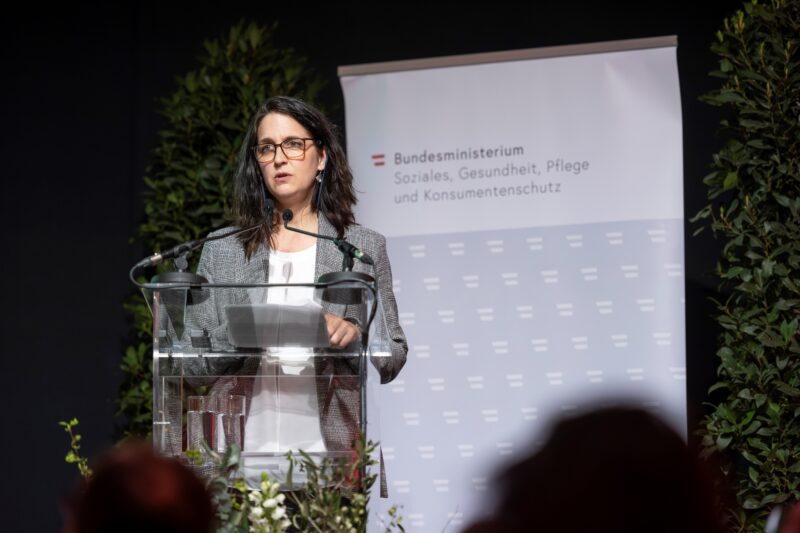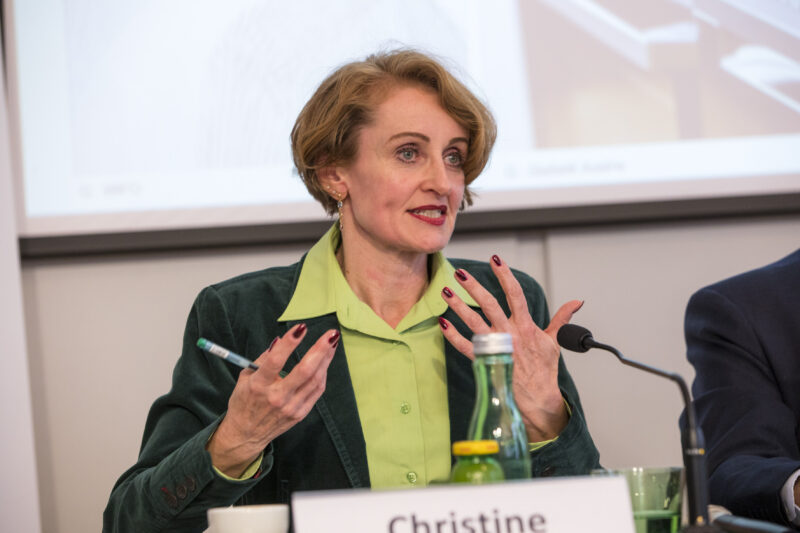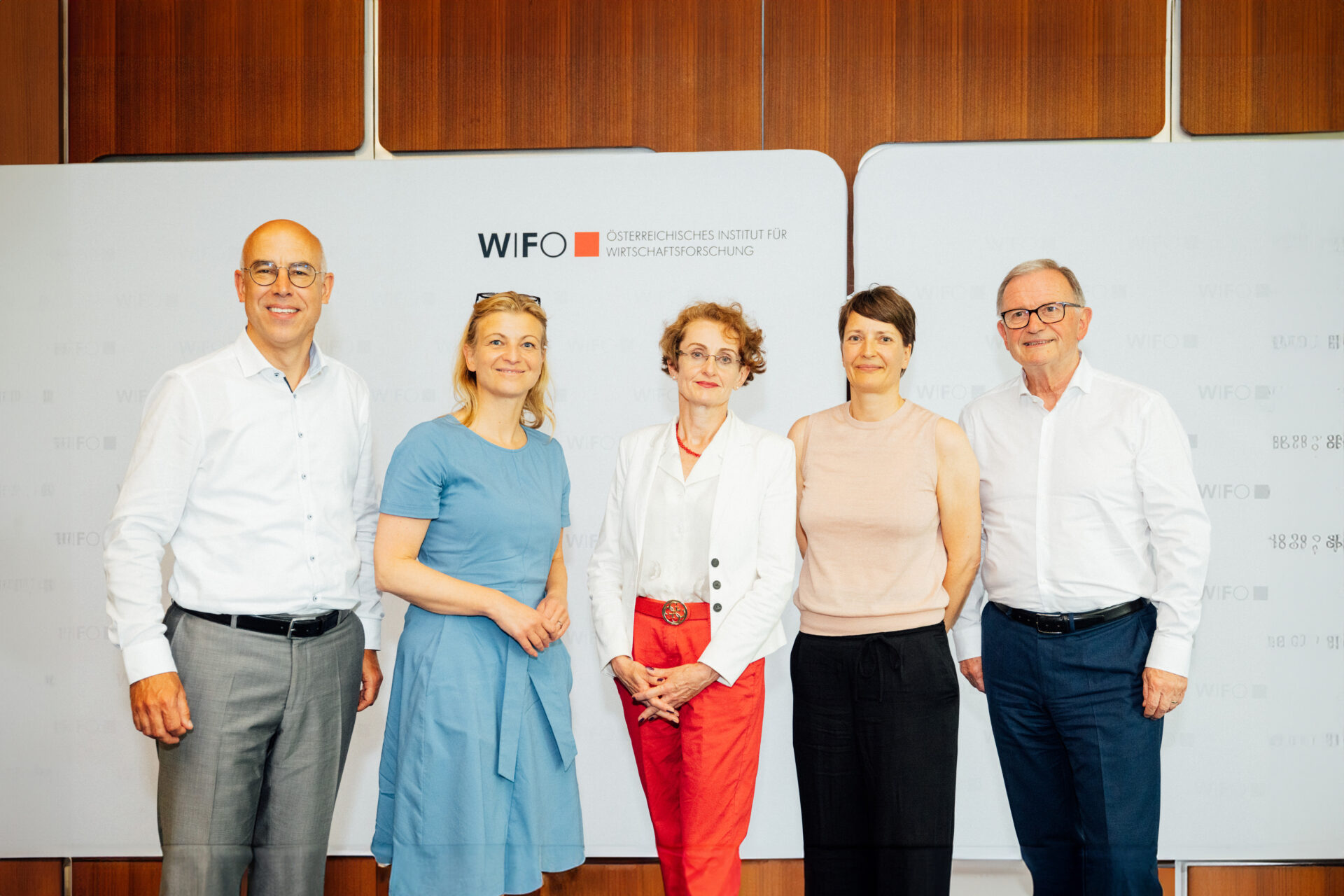
A Changing Labour Market
"As an expert organisation, it is our strategic goal to build bridges between academic research and political practice," said WIFO Director Gabriel Felbermayr in his opening remarks at the Economic Discussions. "255 publications, 212 public lectures, 42,000 downloads on wifo.ac.at and 11,608 media mentions – there are numerous figures from 2024 that underscore the public value, scientific quality and economic policy impact of our institute."
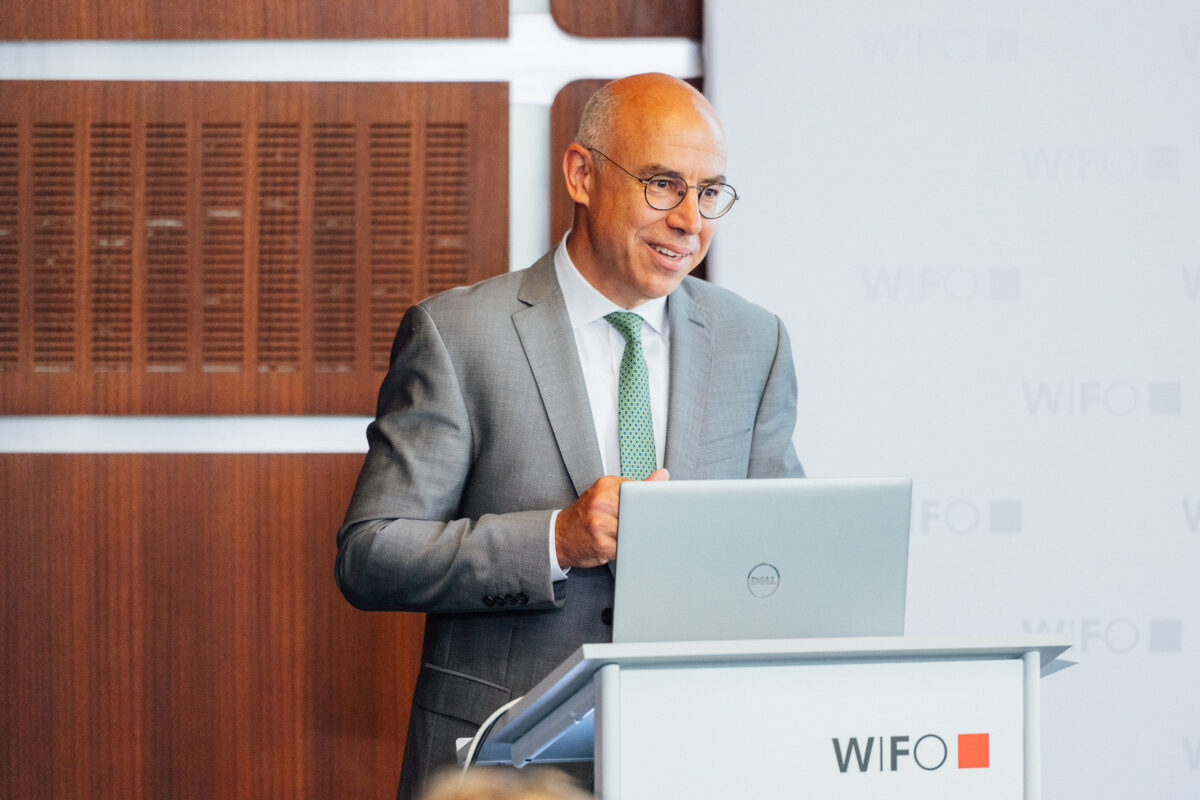
Structural Challenges
Under the title "Structural Challenges in the Labour Market – Perspectives and Evidence-based Solutions from WIFO", labour market economist Ulrike Huemer provided the thematic impetus for the day.
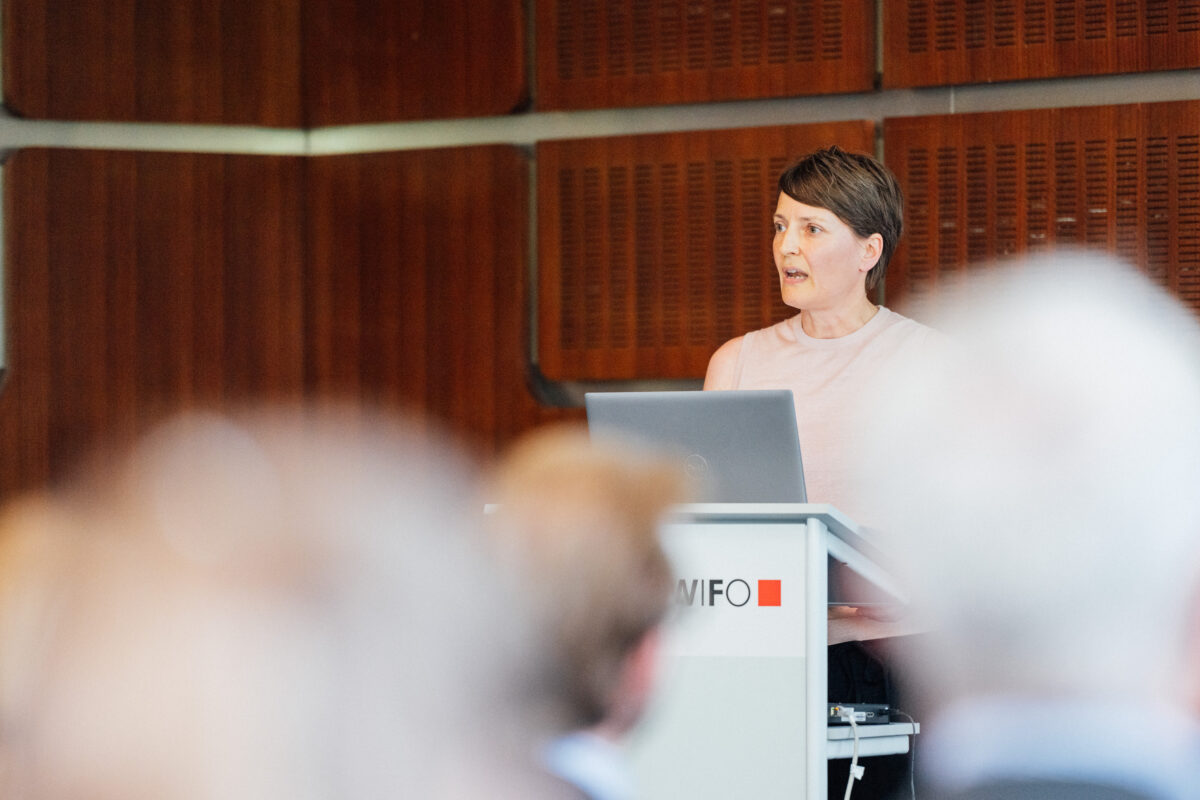
"Demographic change means that the baby boomers are gradually retiring, while they are being followed by cohorts with lower population numbers. Although the increase in labour force participation will more than compensate for this decline, the labour supply is still likely to grow more slowly than in previous decades. According to a model-based simulation of the labour supply conducted by WIFO in 2024, the number of people in employment in Austria will grow until 2030 and is likely to remain at this level or decline slightly until 2040," said Huemer.
At the same time, there will be a marked change in the structure of the labour supply: in particular, older people and those with health restrictions will be more strongly represented in the labour supply in future due to demographic change and the latest pension reforms. Refugee movements are also contributing to the change in the labour supply.
The shortage of labour offers an opportunity to reduce unemployment and mobilise hidden reserves in the labour market. However, this requires active labour market policies, a willingness on the part of workers to retrain, and a willingness on the part of companies to hire groups that have been less considered in the past. In addition, barriers to labour force participation must be removed.
Role of the social partners
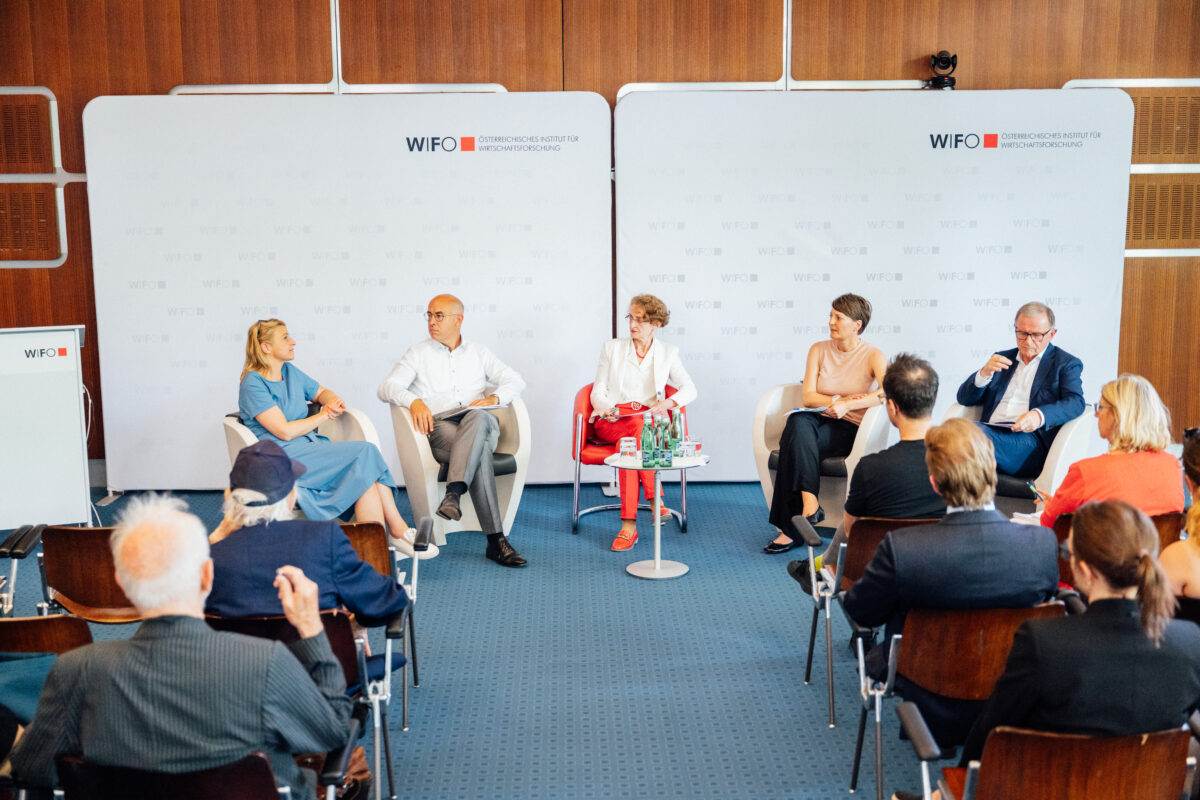
The economic talks focused on the question of what role Austria's social partners can play in overcoming the current labour market challenges. The round table with Gabriel Felbermayr, Ulrike Huemer, Barbara Teiber and Karlheinz Kopf was moderated by WIFO Deputy Director Christine Mayrhuber.
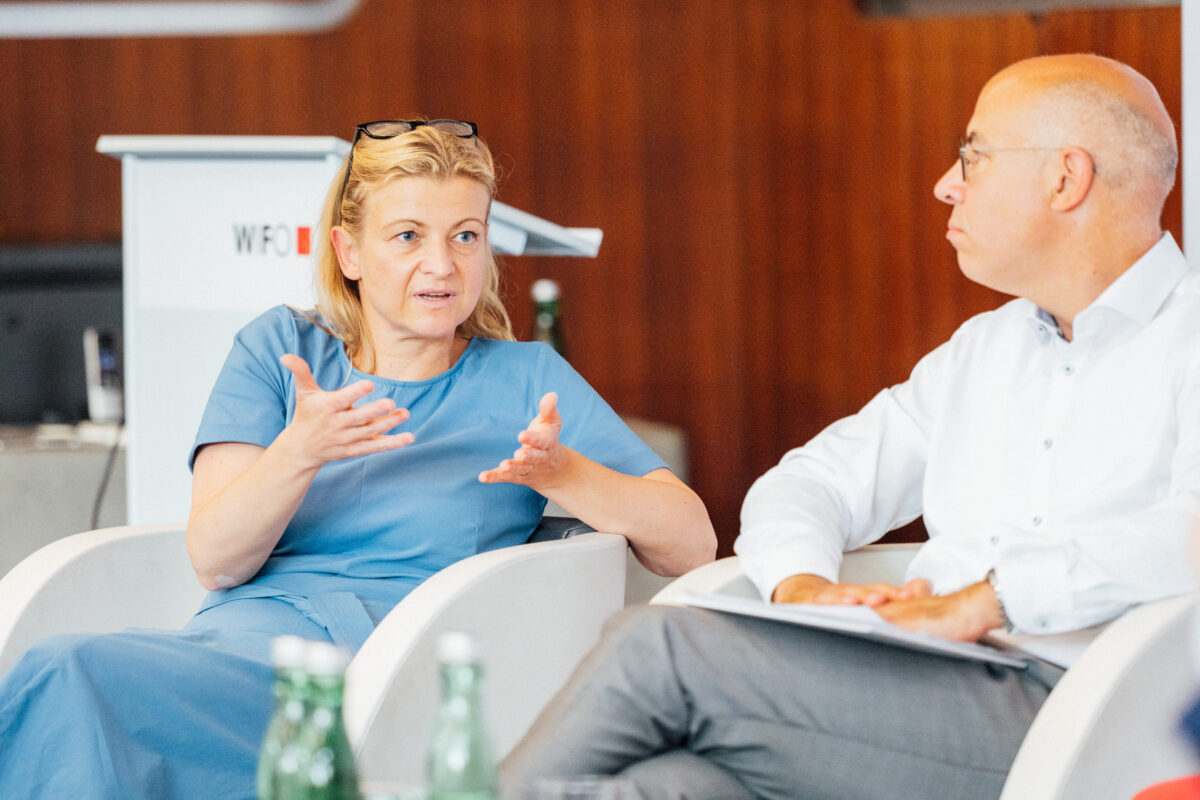
"Whether it's inflation, coronavirus or the financial crisis, social partners have a key role to play, especially in economically challenging times," explained Barbara Teiber, Federal Chairwoman of the Union of Private Sector Employees. "However, we are not just crisis managers – politicians would be well advised to recognise social partnership as a permanent instrument of policy-making. This is a major advantage not only for the business location, but for our entire country. After all, the labour market currently needs not less social welfare, but targeted training and employment initiatives that open up prospects and ensure economic and social participation."
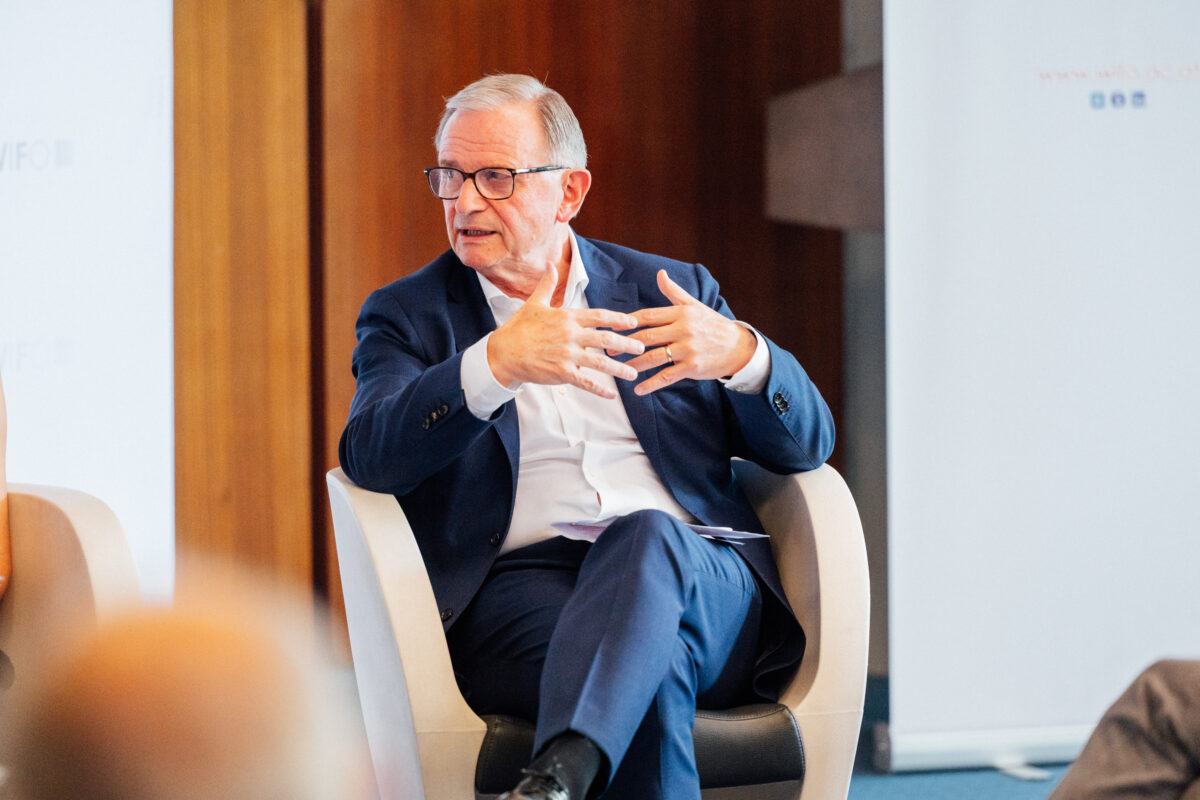
"With new concepts and through their involvement in the AMS Administrative Board and the Federal Vocational Training Advisory Board, the social partners can make an important contribution to the qualification of workers, increasing labour force participation and productivity," said Karlheinz Kopf, President of the Economic Chamber Vorarlberg. "Contrary to the recent past, however, they must significantly slow down the growth of unit labour costs in the coming years through a more moderate wage policy in order to improve competitiveness. And the demographic-driven labour shortage requires a smart, joint strategy for skilled workers."

